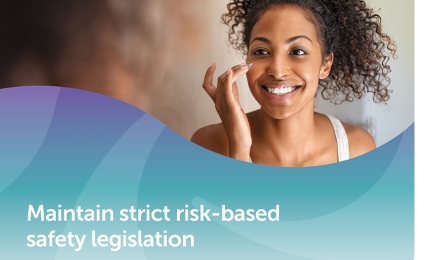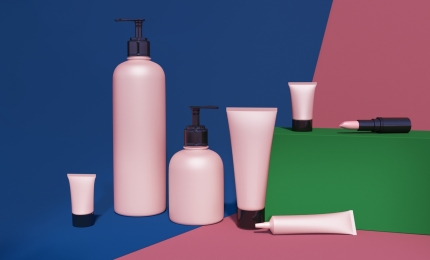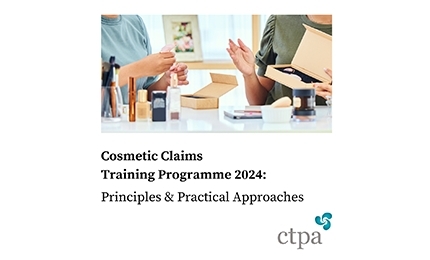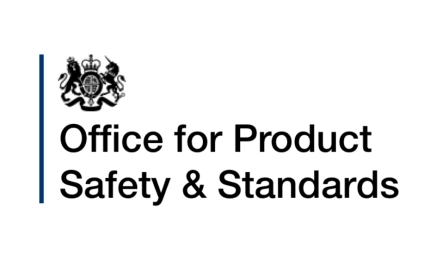Find us on...
The following CTPA guidance, on cosmetic claims that make a reference to adverse skin conditions, is aligned with the Medicines and Healthcare products Regulatory Agency (MHRA) view on borderline claims.
Products intended to treat or prevent eczema, psoriasis, dermatitis or other adverse skin conditions will be considered to be medicinal products. They do not fit under the definition of cosmetic products.
In cases where a product is on the borderline between cosmetics and medicines, MHRA will look at the overall presentation of the product, including the product name, and apply the tests set out in Directive 2001/83/EC. If a product appears to fall within both the definition of a cosmetic and the definition of a medicinal product it will be classified as a medicinal product. Therefore, care must be taken to ensure a cosmetic does not become a medicine by virtue of its presentation, its claims or its composition. Additional guidance on medicinal claims can be found in MHRA's Guidance Note 8.
It is recognised that consumers with an existing adverse skin condition may wish to know if a cosmetic product is safe for them to use. Where this can be substantiated, the following wording may be added to the presentation:
“Also suitable (or safe) for people who may be prone to eczema / psoriasis / dermatitis / rosacea / acne / spots”
However, MHRA's position is that use of this wording should not take the form of a claim. It is acceptable as long as it is not too prominent, does not distract from the cosmetic use of the product and only implies that a product will not exacerbate a skin condition. Only the exact wording, in full, should be used (inserting relevant adverse condition as required).
“For eczema/dermatitis/psoriasis etc. prone skin”
This claim would be interpreted to be a medicinal claim as it specifically targets consumers with adverse skin conditions who may therefore expect the products to treat, prevent or at least soothe the symptoms of adverse conditions.
Classification is always done on a case-by-case basis as one of the key criteria to take into consideration is the overall presentation of the product. The only competent authority in the UK to decide if a product is classed as a medicinal product is MHRA.
The CTPA Cosmetic Claims seminar being held on 11 December will be looking in detail at: the context in which the MHRA views; the ASA's views on online and social media advertising; CTPA advice on using 'free from', 'natural', 'organic' and 'not tested on animals' claims as well as a review of the principles of claims substantiation and a practical case study. See the programme here and book your place early for this essential guide on making and substantiating cosmetic claims!












